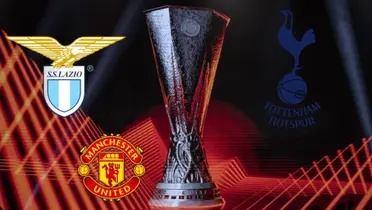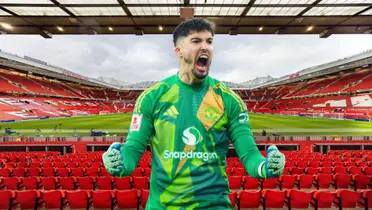Why was the Munich tragedy a turning point in the history of Manchester United?
The Munich tragedy: A turning point and the rebirth of Manchester United
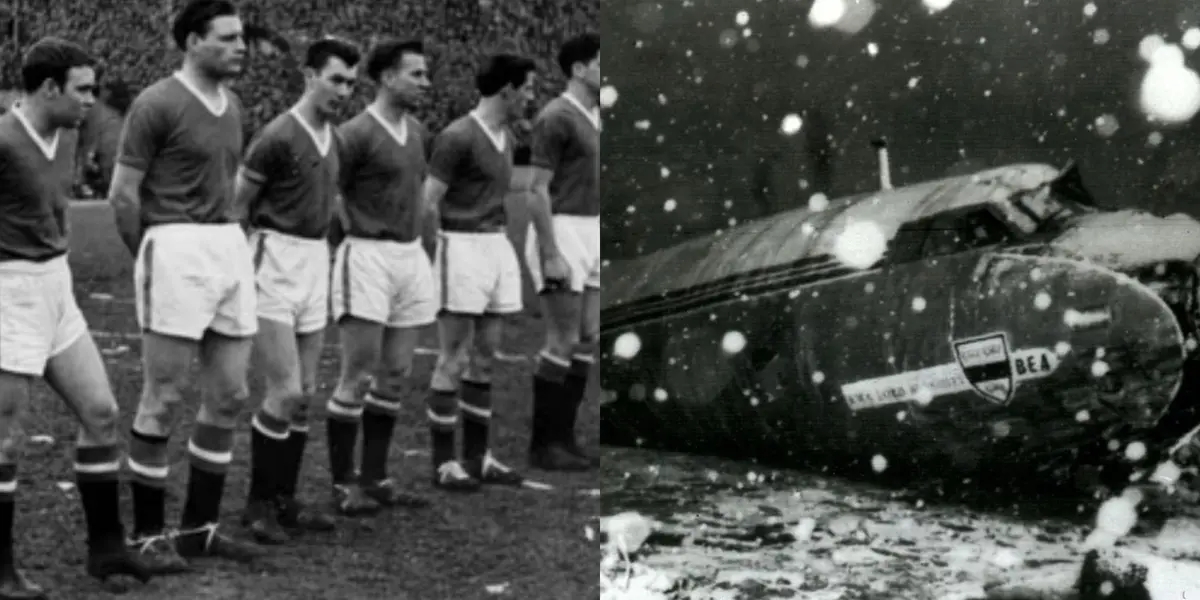
The echo of the Munich tragedy still resonates in the corridors of Old Trafford. On February 6, 1958, fate cut short the flight of the "Busby Babes," a team that promised to dominate European football. On that fateful day, the plane carrying them crashed in Munich, taking with it the dreams and lives of eight young footballers.
But from the ashes of grief arose an indomitable spirit. Manchester United, led by a convalescent Matt Busby, rebuilt itself with the determination to honor the memory of their fallen teammates. The story of this club is a testament to resilience, a reminder that even in the darkest moments, football can be a beacon of hope.
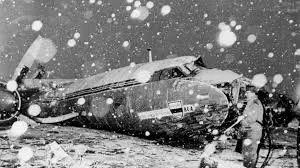
The Munich air disaster: The loss of a golden generation
The Munich tragedy was not just a plane crash; it was a devastating blow to English football. The "Busby Babes" represented the future of the sport, a young and talented team that had won hearts with their bold style of play and their unwavering team spirit.
The impact of the tragedy was felt worldwide. Football united in mourning, and Manchester United received expressions of support from all corners of the globe. But beyond the pain, an unwavering determination emerged: the club had to move forward, it had to honor the memory of its fallen heroes.
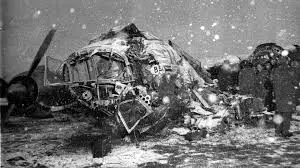
The rebuilding: A legacy of resilience
Matt Busby, the architect of the "Busby Babes," emerged from the tragedy with a clear mission: to rebuild the team and lead it to the top of European football. The task was monumental, but Busby, with his vision and leadership, inspired a new generation of players to follow in the footsteps of their predecessors.
Manchester United became a symbol of resilience. The club proved that tragedy does not define destiny, that even in the darkest moments, hope can flourish. The rebuilding of the team was an arduous process, but the spirit of the "Busby Babes" was always present, guiding the new players towards greatness.
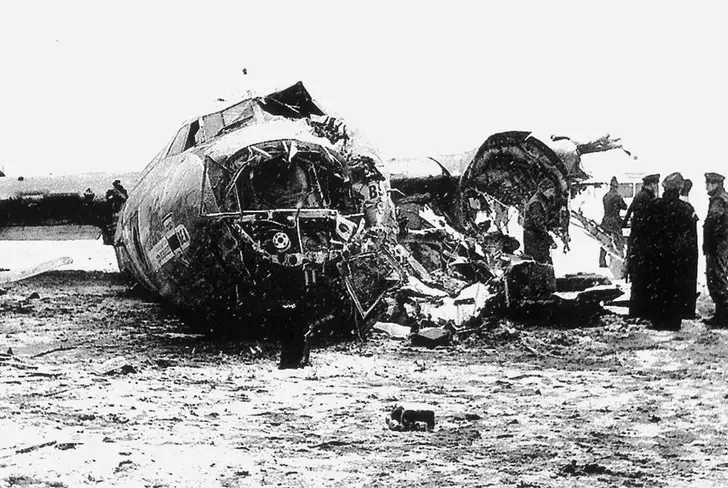
The triumph in the European Cup: A tribute to the fallen
Ten years after the tragedy, Manchester United reached glory by winning the European Cup in 1968. That epic triumph was a tribute to the "Busby Babes," a tribute to their memory and a symbol of the club's rebirth.
The team overcame Benfica in the final, with goals from Bobby Charlton, one of the Munich survivors, and other players who had grown up in the shadow of the tragedy. The victory was a moment of catharsis, a release of the sadness that had weighed on the club for a decade. Manchester United proved that the tragedy had not extinguished their spirit, but had strengthened it.
The eternal legacy: The "Busby Babes" in collective memory
The "Busby Babes" left an indelible legacy in football history. Their innovative style of play, their team spirit, and their courage made them legends. Every year, Manchester United pays tribute to these fallen heroes, remembering their passion for football and their impact on the sport.
The legacy of the "Busby Babes" transcends football. Their story is a reminder of the fragility of life and the importance of valuing every moment. Manchester United has kept their memory alive, ensuring that their spirit inspires future generations of footballers and fans.
The impact on modern football: An example of overcoming adversity
The Munich tragedy and the rebirth of Manchester United are an example of overcoming adversity and resilience. The club's history inspires generations of footballers and fans, demonstrating that even in the darkest moments, the human spirit can triumph.
Manchester United has used its history to inspire others. The club has created programs for young footballers, transmitting the values of the "Busby Babes": teamwork, dedication, and fighting spirit. The Munich tragedy has become a symbol of hope, a reminder that football can be a force for good.
What you should know about the Munich tragedy and the rebirth of Manchester United:
- The Munich air disaster occurred on February 6, 1958.
- The accident claimed the lives of 23 people, including 8 Manchester United players.
- Matt Busby, the team's coach, survived the accident and led the club's rebuilding.
- Manchester United won the European Cup in 1968, ten years after the tragedy.
- The club's story is an example of resilience and overcoming adversity in the world of football.
More news

The Numbers Don't Lie: Casemiro's Dominance Returns
31/03/2025
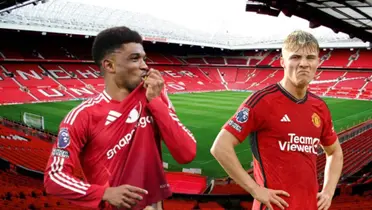
United's Dream Pairing: The Duo Fans Are Eager to See
31/03/2025

Hojlund's Fate: Will He Stay or Leave Man United?
31/03/2025

Højlund's Plummeting Value: A Cause for Concern at Man United
31/03/2025
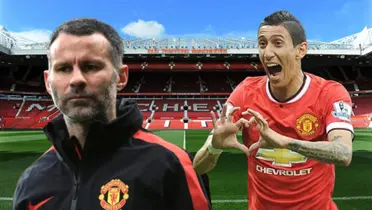
Giggs' Misjudgement: Depay's Free-Kick Hopes Fall Flat
31/03/2025

Man United's Summer Clearout: Players on the Chopping Block
31/03/2025

Financial Divide: Man United's Value Dwarfs Olympique Lyon's Squad Cost
30/03/2025

Onana Exit Rumors Swirl: How the Goalkeeper Is Responding
30/03/2025

Eriksen breaks the silence about the rumors of not renewing
30/03/2025

World-Class Player Available: Romano Reveals Transfer Bombshell
30/03/2025

Ugarte's Premier League Insight: Key Differences From Ligue 1 Revealed
30/03/2025

Garnacho Outshines Salah and Haaland: A Stunning Statistical Triumph
29/03/2025

Ekitike's Staggering Stats: Why Man United Are Keen
29/03/2025
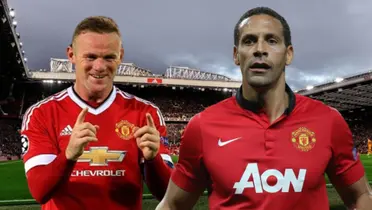
Beyond Legends: The United Player Who Rewrote Investment History
29/03/2025
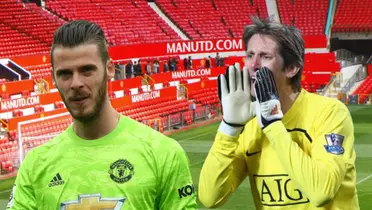
Manchester's Goalkeeping Giants: Who Reigns Supreme?
29/03/2025

Fernandes' Fortune: Unveiling the Price Tag of United's Captain
29/03/2025
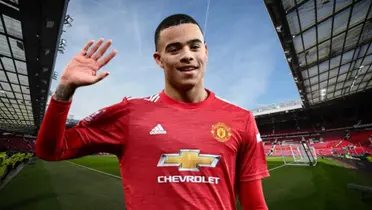
The Manchester United jewel that was rumoured for Barcelona ended up in an exotic league
29/03/2025

Father's Faith Pays Off: 100 Pound Bet on Son's United Debut
29/03/2025
